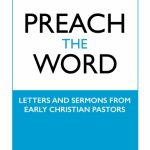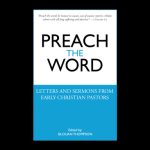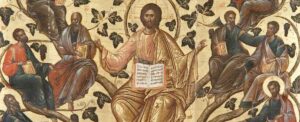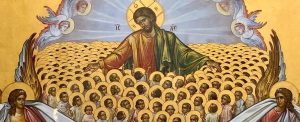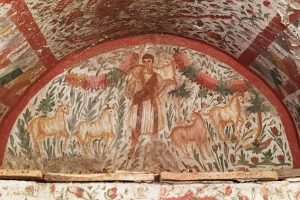Let’s hear from New Testament Christians
…in their own words
American popular Christianity is ahistorical. It exists with almost no connection to actual events and persons, dates and cultures. Christians who were taught to worship by the apostles themselves would have no idea what is happening in many American churches on a Sunday.

Many Americans boast that their faith is “Bible-based” – meaning it builds on the texts that generations of Christians selected over the first few centuries. But very often that faith ignores what those early Christians said that they believed and did about the letters and texts that were beginning to be the Bible. We read history books, but how often do we read firsthand testimony by first-century disciples?
Teachers and denominations today confidently assert that what they teach and do is New Testament Christianity. Yet reading what the first generations of Christians said and did, in their own words, may challenge those claims. The churches in these early years had most of the same inspired apostolic texts we have: What did they believe and do about them, in the centuries before the Reformation or Nicea, or even a formalized canon of scripture? This project aims to let the first generations of Christians simply speak for themselves.
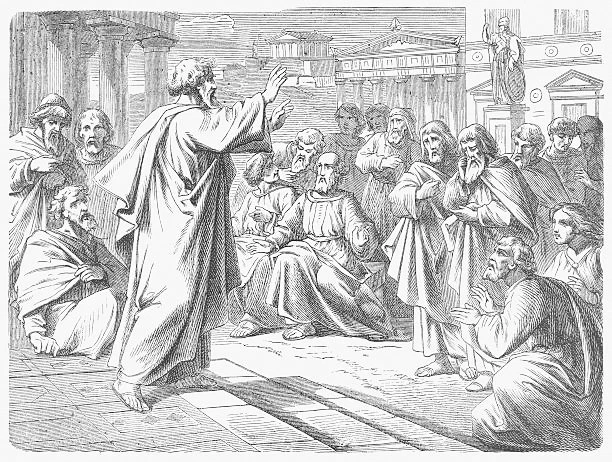
Reading what the early Christians said in their own words has been life-changing for many of us who were once confidently Evangelical. Christians in the twenty-first century need to learn our history while we still have anything at all in common with the apostles and churches who wrote and assembled our Bible.
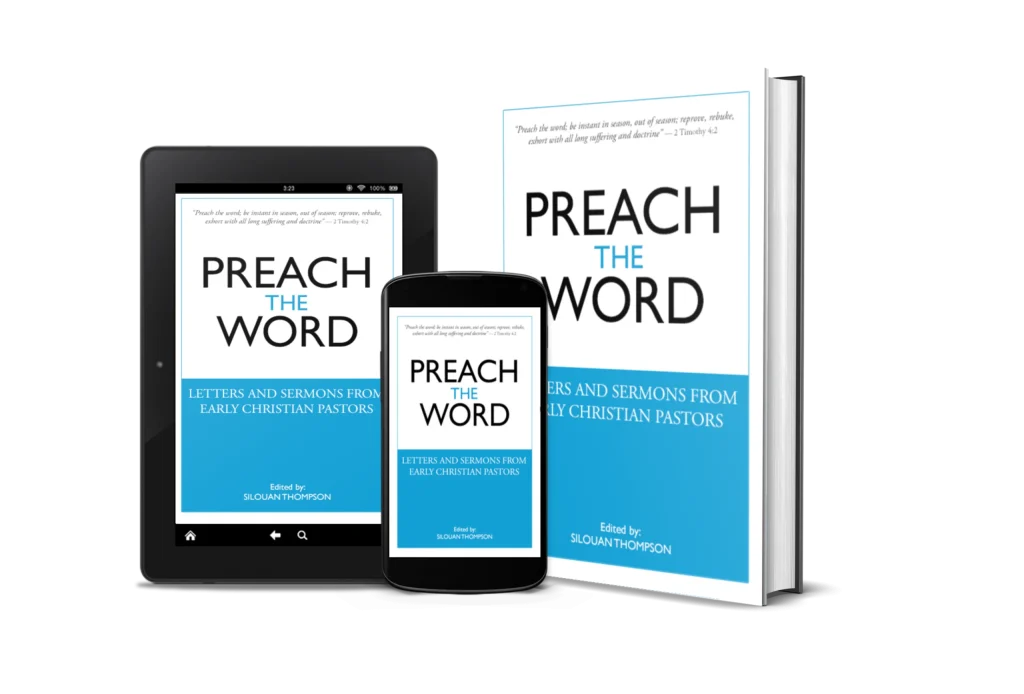
For the past year I have been editing a book of letters from Christian pastors of the first and second centuries. In a reference to 2 Timothy 4:2, I’ve been calling it Preach the Word: Letters and Sermons from Early Christian Pastors. Texts are presented in fresh, modern English, with scripture references. Proofreading and editing are almost done.
I would like to launch this book by the end of this summer. But some tasks remain to be completed:
- When copy editing is complete, the text needs to be formatted as an E-book.
- The text needs to be professionally formatted for printing as a trade paperback.
- The placeholder cover sketch needs to be upgraded to a proper cover design.
- The paperback needs an ISBN. A prospective hardcover will need an additional ISBN.
- The finished book needs to be submitted for distribution as a paperback or e-book.
Your pre-order or sponsorship can make it happen!
Update, May 16, 2025
Why a new edition?
A friend asked: All the writings of the early Church fathers are already available in print and online – so why bother printing a new edition? Good question!
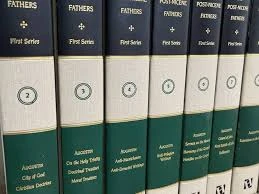
The translations in the big multi-volume Ante-Nicene Fathers and online at places like ccel.org are a great blessing! But the 19th-century editors and translators of those volumes used a self-consciously “King James” language that frustrates many readers today by obscuring the original messages behind a wall of stilted verbiage.
Additionally, the Protestant ANF editors felt the need to add reams of notes judging the early Fathers’ writings by Reformed standards and applying what the nineteenth century considered enlightened historical commentary.
The point of this new edition is to present a few of the earliest Christian pastors and teachers, and to let them speak in their own words with only the most minimal commentary – mostly scripture references.
When I was an Evangelical, these writers convinced me that my religion was a very recent phenomenon, and started me on the road to encountering classic, apostolic Christianity. I don’t believe they need a sales pitch to explain away what they say, and I don’t want to make “the trumpet give an uncertain sound” (1 Cor 14:9) by recycling archaic translations.
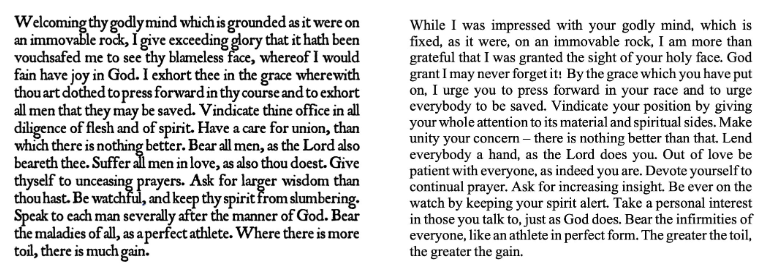
From the letter of Ignatius to Polycarp, bishop of Smyrna, c. AD 107.

